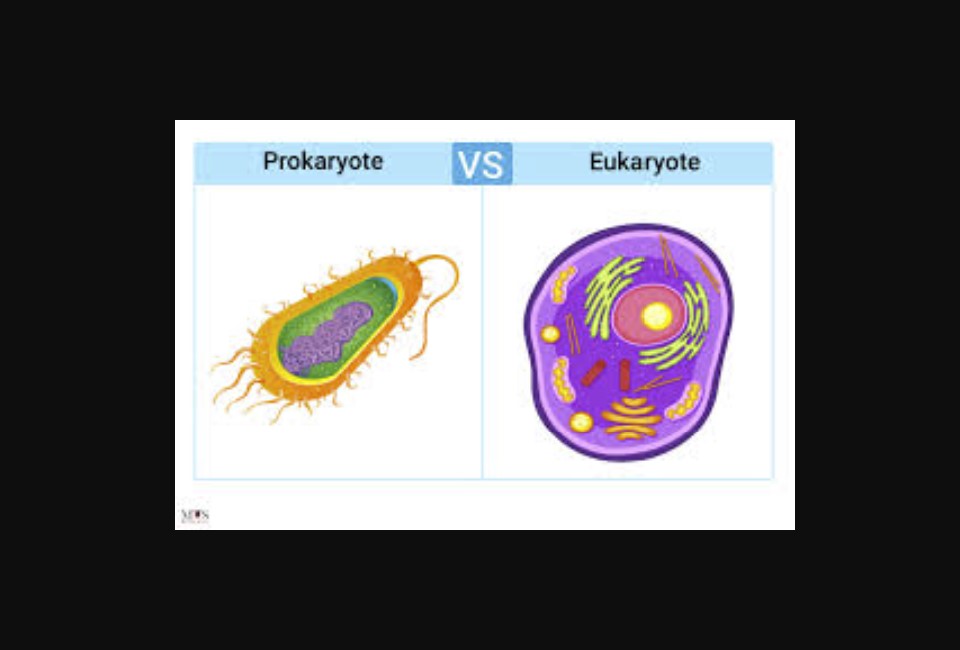
Plants, algae, fungi, and animals — including humans — are all eukaryotes: life forms with complex, nucleus-containing cells.
A recent discovery of organic compounds in ancient rocks in Australia helps illuminate the early history of eukaryotes, suggesting that this group was already abundant more than a billion years ago, according to a new study.
Eukaryotes are believed to date back 2 billion years, but scientists thought that they only became widespread about 800 million years ago, said Dr. Benjamin Nettersheim, one of the co-first authors of the study published in Nature.
However, newfound traces of molecules possibly produced by eukaryotes are up to 1.6 billion years old, which indicates “that early eukaryotes were already ecologically important for all this time,” said Nettersheim, who is a postdoctoral researcher in geobiology at the MARUM Center for Marine Environmental Sciences at the University of Bremen in Germany. “We just didn’t see their traces until now. They’ve kind of been hidden in plain sight.”
FUNDRAISING: KEEP STRANGESOUNDS ONLINE!… THANK YOU FOR YOUR HELP! You can give through Credit cards, Debit cards and Paypal by using the form below.
That’s for crypto donation:
BTC: 1AjhUJM6cy8yr2UrT67iGYWLQNmhr3cHef (Network: Bitcoin) USDT: 0x490fe5d79d044a11c66c013e5b71305af0a76c1b (Network: Etherum ERC20)
You should also join my newsletter…YOU WILL LOVE IT…
Some products I recommend you to add to your preparedness plan to help and protect you and your family during an emergency:
- Protect your home and car with the best lightning and EMP protection available…
- Always filter your water at home: Use this filter to drink clean water at home!
- Health Ranger Store: Stock up on preparedness food and products to be ready for the next emergency disaster…
I recommend following Qfiles for videos, podcasts and a wide compilation of alternative news…













